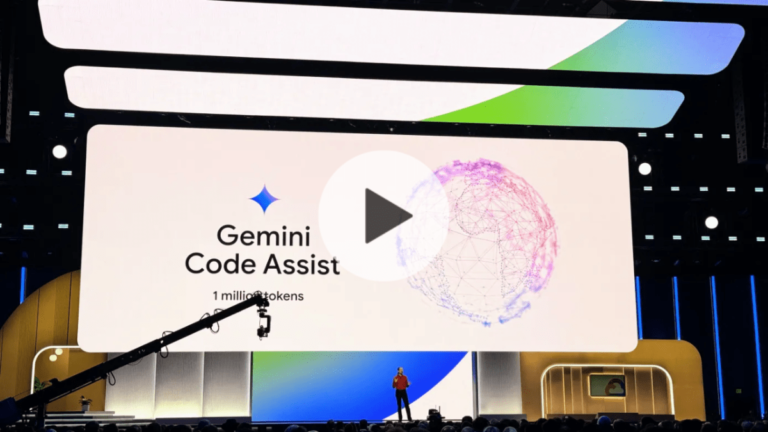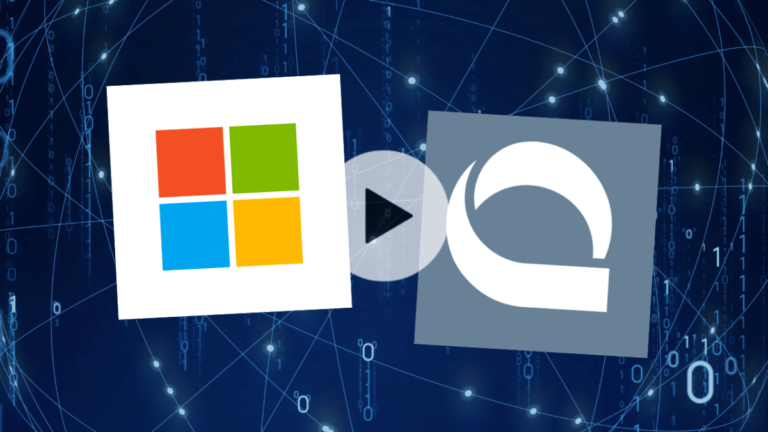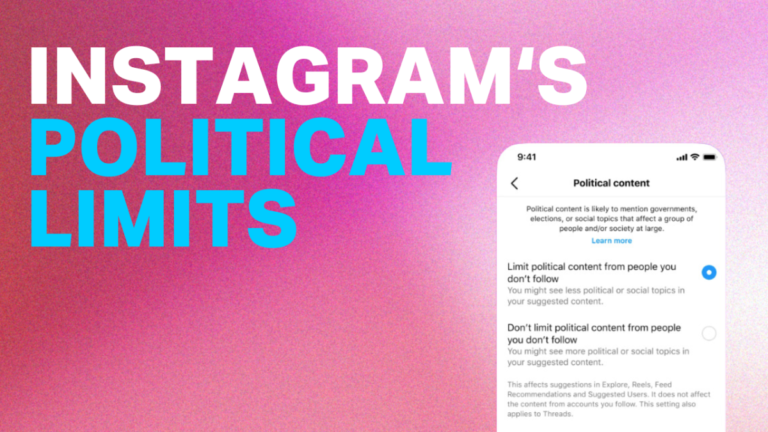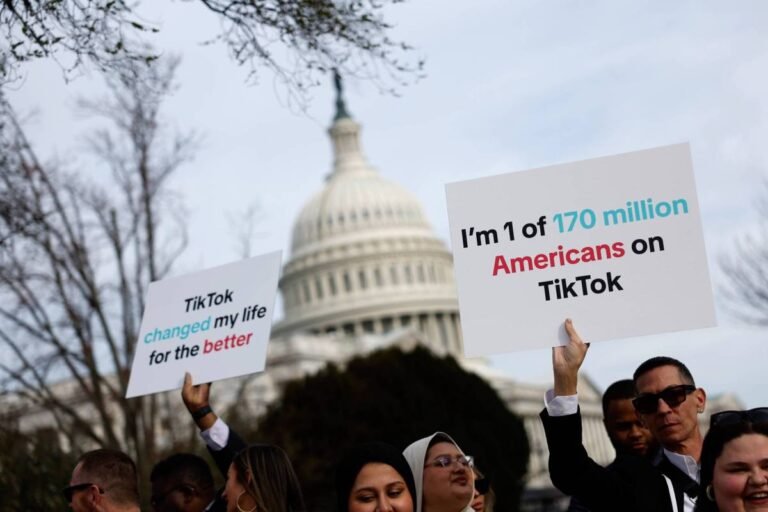
A few months after its launch, how is Apple’s Vision Pro faring?
I am a long-term bull on augmented reality, virtual reality, and face-computers in general.
So it is to my partial chagrin that the hype around the Apple Vision Pro has faded more rapidly than I anticipated.
But I anticipated the Apple brand to keep the hardware in the news — and atop our collective minds — longer than it managed after its launch.
I find it archaic that my monitors are akin to digital chalkboards when they should be built into my glasses.

Can AI eat the jobs of the developers who are busy building AI models?
News this week that Google has a new AI-powered coding tool for developers means that competitive pressures between major tech companies to build the best service to help coders write more code, more quickly is still heating up.
Both companies want to eventually build developer-helping tech that can understand a company’s codebase, allowing it to offer up more tailored suggestions and tips.
Everywhere you look, developers are building tools and services to help their own professional cohort.
Developers learning to code today won’t know a world in which they don’t have AI-powered coding helps.

The tech world is incredibly focused on AI and its applications today, but artificial intelligence is hardly the only place where progress is being made.
If you want to get really into the weeds, pay attention to the progress that quantum computing is making, as made evident recently by an announcement from Microsoft and Quantinuum.
The pair of companies made what TechCrunch described as a “major breakthrough in quantum error correction,” which could make quantum computing systems far more usable than before.
The gist is that they encoded several physical qubits into a single logical qubit, which made it easier to detect and correct errors.
The error rate in quantum computing is a material issue to the technology’s performance, making the news that the two companies managed “run more than 14,000 experiments without a single error” pretty big news.

Well-known startup accelerator Y Combinator held one of its two yearly demo day events this week, showcasing hundreds of startups that recently went through its program.
Judging from our coverage of the two-day event, TechCrunch found lots to like in the presenting companies.
There was lots more than just AI on display, so for today’s TechCrunch Minute I compiled a few trends and vibes from the shindig for your enjoyment.
Accelerators play an important role in the startup world, giving founders early capital and advice as they get off the ground.
Y Combinator competes with Techstars and other platforms globally.

News that Yahoo is buying Artifact stirred the technology watercooler yesterday.
Artifact was an interesting app, employing AI to help its users find and consume more, and more targeted news.
It had some devoted fans, but never reached the sort of scale that would have made it an attractive long-term project.
Regardless of whether or not you were an Artifact user — I was for a time — that Yahoo is still feeling acquisitive under its current ownership structure matters.
Artifact is hardly the only startup project in the market today that might be looking for a new home, after all.

As the election cycle heats up, Instagram and Threads will be cooling down the amount of political content entering many users’ feeds.
These changes, which limit the reach of political content from accounts users don’t already follow, are enacted by default.
If you’re already wondering how to get that kind of content back into your feed, you can follow our guide on changing Instagram’s political settings here.
Threads will host, but not “amplify” news, per remarks from its head Adam Mosseri’s last year.
And what posts and topics will Instagram actually deem to be political?

Robinhood’s new credit card was revealed Tuesday, and though it’s only available for Robinhood Gold members, the Gold Card does have a feature that’s spurring headlines: the ability to invest cash back bonuses into investments.
But what gives with tech companies getting into the consumer credit game?
You could argue that Robinhood’s choice to offer a card is just an extension of its already-expanding portfolio of financial products.
But Apple also has a card, recall.
And the tech giant is getting deeper into the realm of personal finance as time goes along.

TikTok users, however, are not taking the changing political winds — and their consequences — sitting down.
TechCrunch spoke with several TikTok users that are incensed about, and fighting back against the potential ban of TikTok.
But while the talk of a possible ban is getting all the press, what about the potential of TikTok simply being divested from its parent company, Bytedance?
That would resolve the United States’ government’s issues, right?
So, the bill may have two tracks in it for TikTok, but it could really just be a single-issue law in practice.











